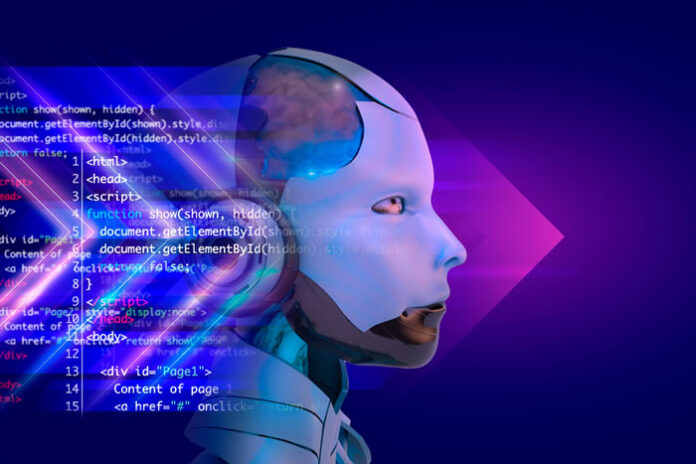Generative AI is a fascinating technology that can generate new and original content by learning from patterns and data. It’s like having an assistant that can help you come up with fresh and unique ideas for anything from writing to designing. It’s a technology that has the potential to revolutionize many industries and bring about new advancements that can benefit society as a whole. However, using generative AI ethically and responsibly will be mankind’s true challenge.
Generative AI
Generative AI works by using machine learning algorithms to analyze and learn from large datasets of information. It then uses this knowledge to generate new content, such as images, videos, music, and even text. Unlike traditional AI, which follows predefined rules, generative AI can use creativity and imagination to produce something fresh and unique.
One of the most significant benefits of Generative AI is its ability to assist in creative tasks. For example, it can be used to assist artists and designers in creating untapped and unique designs. By analyzing patterns and styles from a vast array of sources, generative AI can provide inspiration for new creations. This type of AI can also help writers generate new story ideas by analyzing themes, structures, and characters from various sources.
Another benefit of generative AI is its ability to create engaging content for marketing and advertising purposes. Companies can use this technology to create new advertising campaigns, generate social media content, and even design logos and packaging. With generative AI, companies can create more personalized and targeted content that resonates with their target audience.
Generative AI can also assist in the development of new drugs and treatments in the medical industry. With the analysis of large amounts of data, generative AI can identify new patterns and trends that could lead to the development of new treatments. Furthermore, generative AI can also help researchers create simulations that allow for the testing of new technologies and theories, in a safe and controlled environment.
Using Generative AI Ethically
However, as with any technology, there are also ethical concerns surrounding the use of generative AI. For example, generative AI has the potential to create fake news or propaganda, leading to misinformation and confusion. It can also create content that is offensive or harmful, such as hate speech or harmful stereotypes. It’s essential to be using generative AI ethically and responsibly to ensure that the benefits are maximized while minimizing potential harm.
An example of generative AI being used in a responsible and ethical manner is in the fashion industry. Many fashion designers have begun to incorporate generative AI into their design process, using it to assist with the creation of new designs. By analyzing data on fashion trends, consumer preferences, and design styles, generative AI can help designers create more unique and personalized designs. However, it’s important to note that designers should still have the final say in the design process to ensure that the designs are aligned with their creative vision and are not perpetuating harmful stereotypes or negative messaging.
Another example of the responsible use of generative AI is in the music industry. Using generative AI ethically can be used to create new, original music that can be used in various contexts, such as film scores or video game soundtracks. While the use of generative AI in the creation of music is still in its early stages, it has the potential to revolutionize the industry and allow for more unique and diverse music styles. However, it’s important to note that musicians should still be involved in the creation process and that generative AI should not be used to replace human creativity entirely.
Final Thoughts
Generative AI is a powerful technology that has the potential to bring about significant benefits to society. However, as Peter Drucker once said, “The greatest danger in times of turbulence is not the turbulence; it is to act with yesterday’s logic.” This quote reminds us of the importance of adapting our thinking and approaches to match the rapid pace of technological advancements, including generative AI, to ensure that we are using them in an ethical and responsible manner.
To do this, we must implement ethical frameworks, transparency, and accountability in AI development and deployment, as well as involve diverse stakeholders in discussions on how to be using generative AI ethically. By doing so, we can ensure that generative AI remains a force for good and continues to benefit society. As John Holt once said, “The true test of character is not how much we know how to do, but how we behave when we don’t know what to do.” Therefore, let us make ethical decision-making and responsible behavior a priority in the development and use of generative AI to ensure that we leave a positive impact on the world.
















